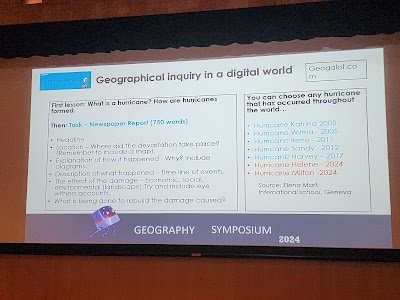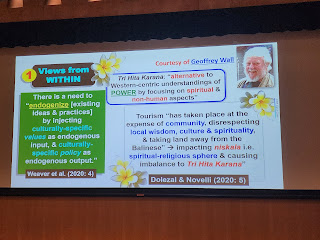Explored Batam's Pantai Sekoto beachfront area to learn about the mangrove in this area as part of the field study for Geography Symposium 2024. The programme was hosted by a member from Free the Sea – part of the WIK Group and the local volunteers. We looked into the impact of coastal erosion as well as the effects of the loss of this mangrove area.
The local outreach and education programme get the locals to be aware of the damage of the mangrove ecosystem and the mangrove restoration as well as replanting programme.
Drag on the screen for a 360 view
The nursery which the young plants are kept for 3 months. Some of the young mangrove plants will be sold for reforestation or afforestation projects in other parts of Batam.
Mud lobster mound
After lunch, we visited the Free the Sea office in Panbil Industrial Estate to learn about the Plastic Recycling work that they do.
Free the Sea is a social enterprise which recyles plastic.
What Free the Sea does:
Preventing ocean plastic
22 collection points in Batam with contributions from individuals as well as 17 companies and hotels donation programme.
Challenges on expanding the programme: Some hotels are not willing to segregate the plastic waste or donate the waste as some have already sold the waste to someone.
For their collection partners, incentives such as paying higher than market rate for every kg of waste given.
Transforming waste
Recycling collected plastic waste is transformed into FTS recycled materials at the recycling facility
Upcycling material recovery facility repurpise waste, giving it a new life.
Empowering communities, regenerating nature
Scholarship were given as well as vouchers for necessities such as rice and oil were given.
The company organised clean up (300 volunteers) and health check up for 200 ( informal sector )
Social impacts such as support communities with social benefits
Environmental impacts such as organization of clean up events to raise awareness and lead restoration projects.
Education programme provides necessary skills and foster environmental responsibility
On site monitoring and audits for social and safety compliance.
The government help support capacity building e.g. sponsor Dati's study in Japan on waste management
Waste product which cannot be recycled will have to go to the regulated landfill e.g. around 10%
42 hectares of land for landfill. Coming up soon incinerator in 2 years working with the Chinese.
Dust collectors. The dust from grinding the plastic was also collected.
Reuse the water to conserve water resources.
WIK has 1000 workers in Batam. WIK originally manufacture small appliances. Started in 1950 in Germany. It is now based in HK. They started the Free the Sea and plastic recycling in Batam in 2013.
Use of solar energy. Heat generated by die casting used in other processing.
Free at the seas provided training for workers















































































































